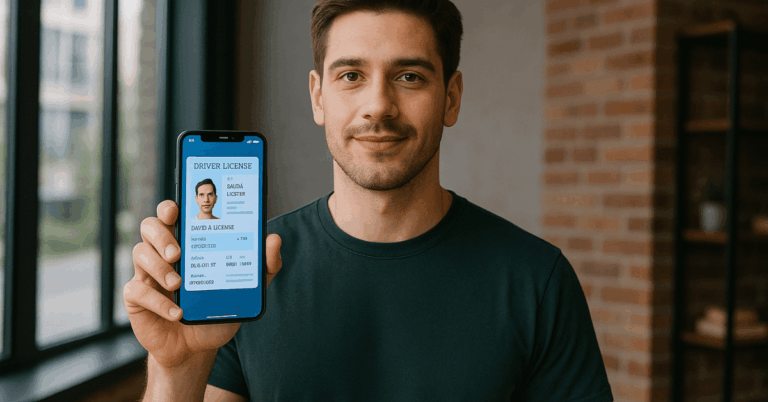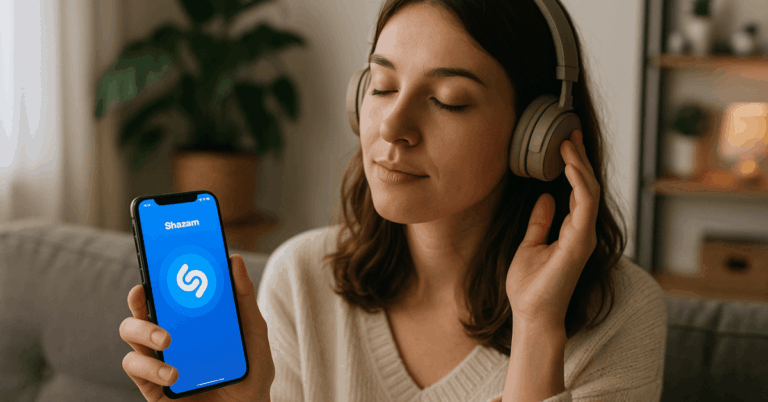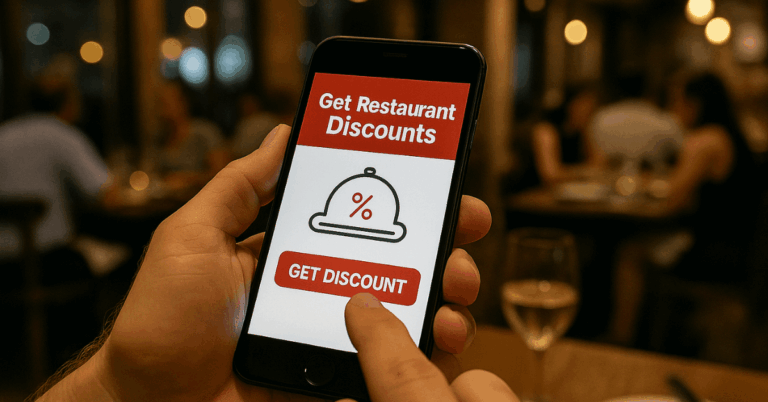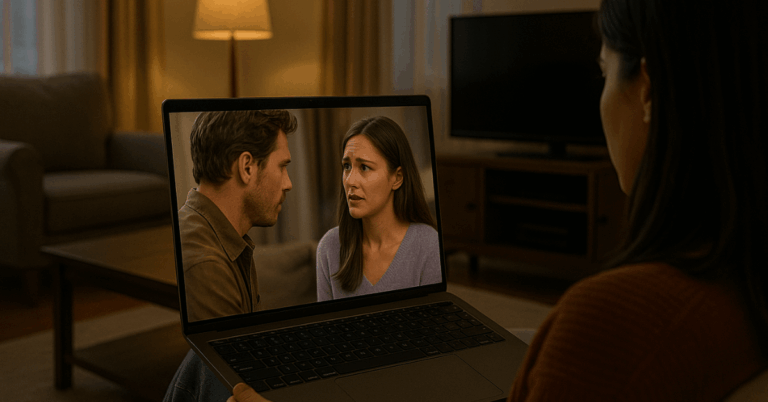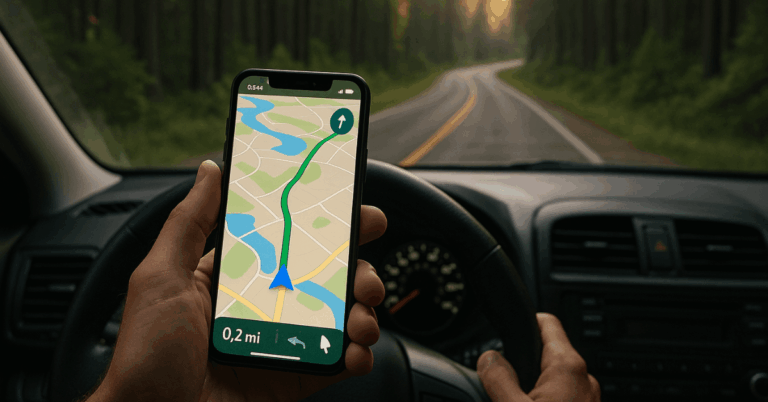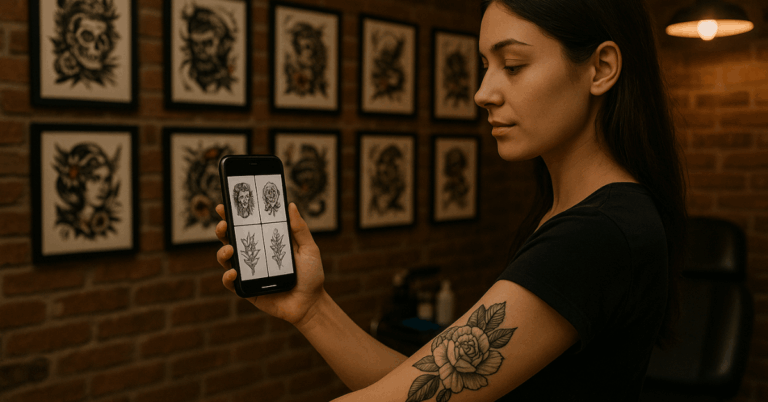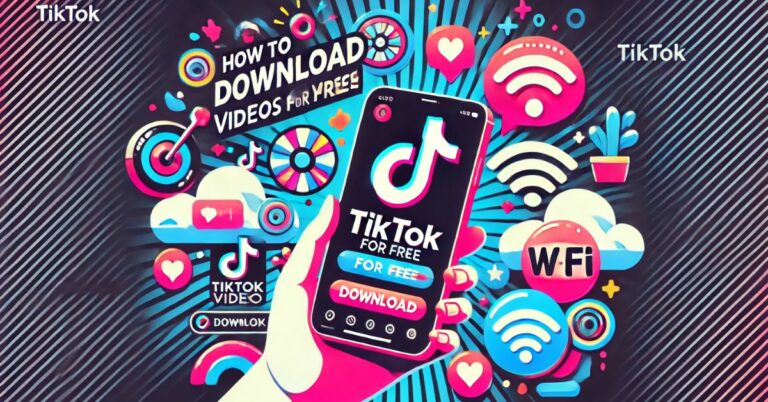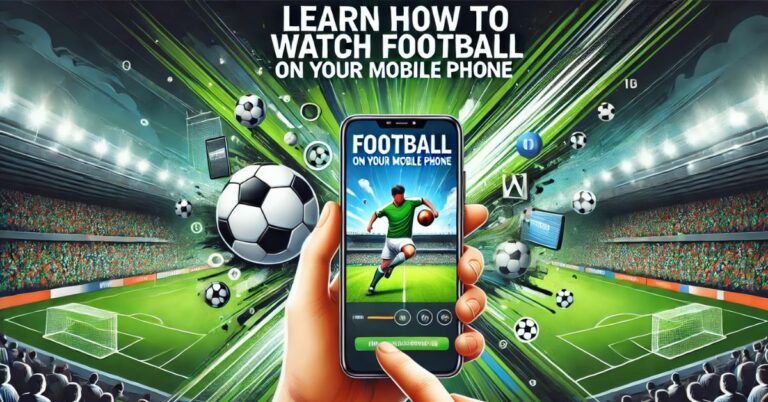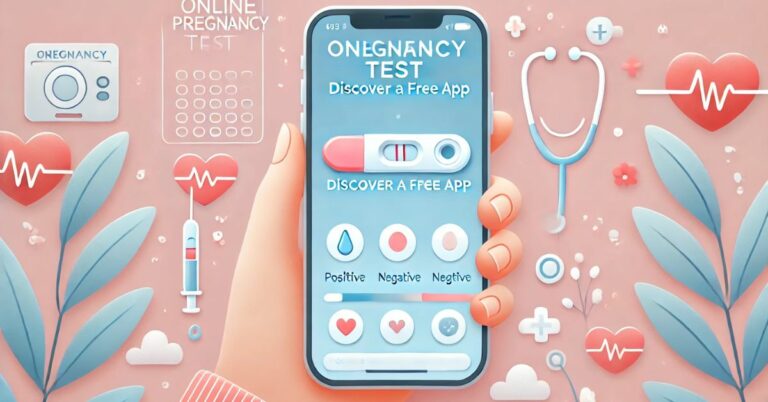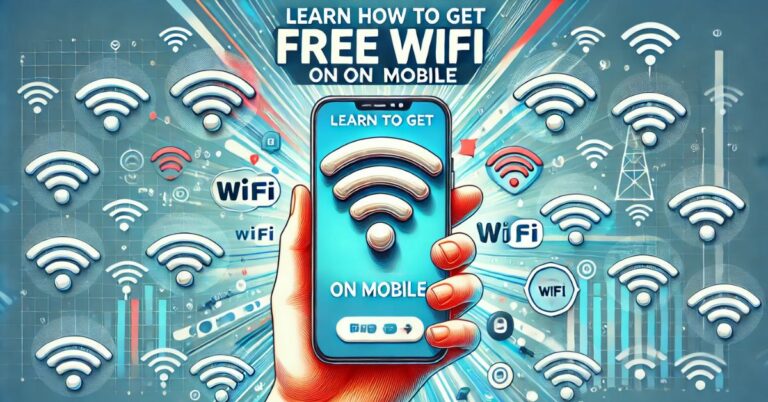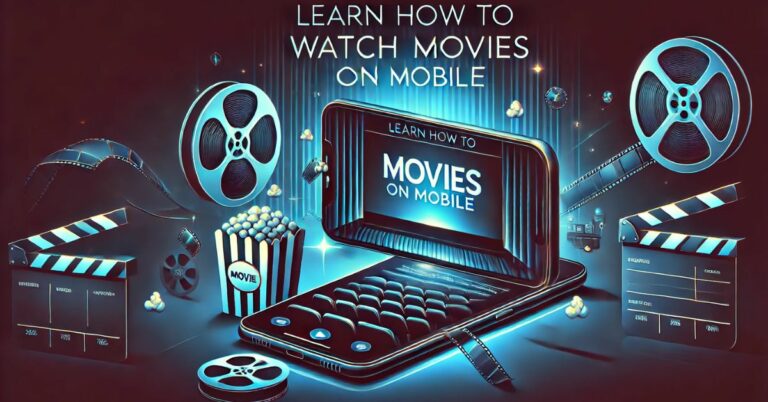Learning piano is more accessible than ever with the right piano learning app for mobile. You don’t need a teacher or expensive setup to begin.
A smartphone or tablet is enough to start learning the basics and improving daily. This guide highlights the top apps that support beginners from their first note onward.
Why Learn Piano Using a Mobile App?
You don’t have to travel or adjust your schedule for music lessons. Mobile apps make it easy to practice anytime, whether you’re at home or on a break.
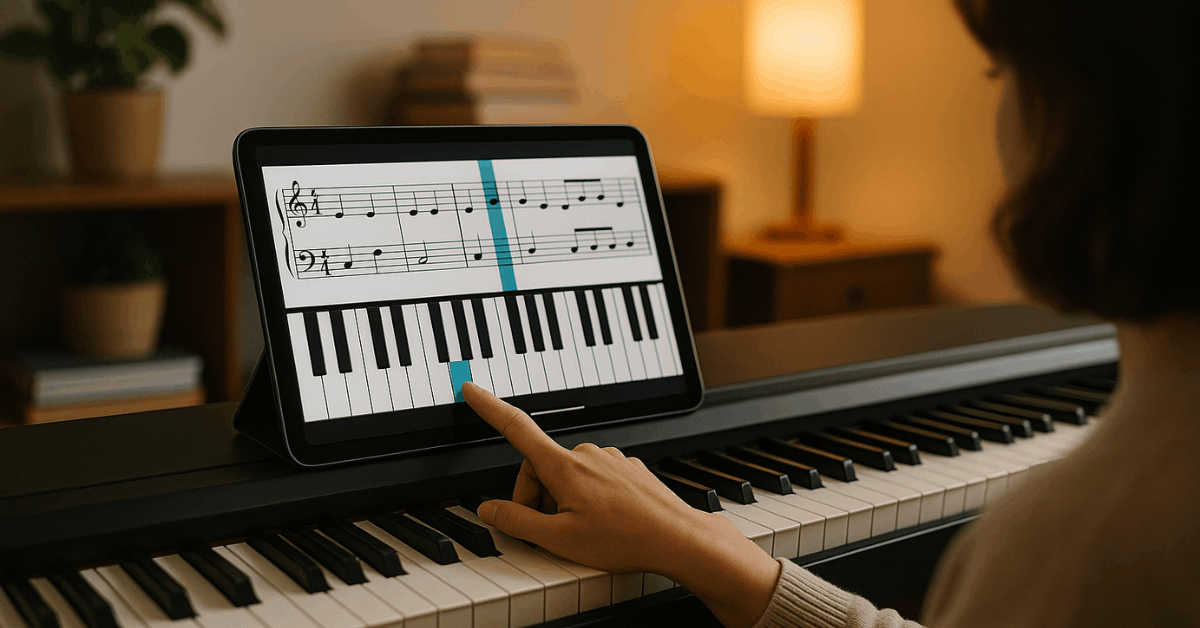
Convenience and Accessibility
Piano apps work on both smartphones and tablets, so you can learn anywhere. Lessons are available anytime, and you can practice without needing an instructor beside you.
These apps are great for people with busy routines or limited access to teachers. You only need a device and time to focus.
Budget-Friendly Learning
You can get started for free with most piano apps. Many offer full courses without upfront payments.
Premium features are optional and unlock more songs or tools. Compared to traditional lessons, this approach saves a lot of money.
What to Look For in a Piano Learning App?
Before choosing an app, know what features will help you as a beginner. Look for those that provide clarity, progress tracking, and feedback.
Beginner-Friendly Interface
The app should be easy to navigate even if you have zero music knowledge. Visual guides help you follow lessons smoothly.
It should show keys and finger placements clearly. A clutter-free design makes learning less stressful.
Interactive Features and Feedback
Choose apps that respond to your playing in real time. Feedback helps you fix mistakes early.
The app should recognize notes using a microphone or a MIDI keyboard. This improves your learning speed.
Structured Lessons and Progress Tracking
It’s important that lessons follow a gradual order. Progress should be saved automatically.
You should see how far you’ve come and what you’ve completed. This builds motivation and consistency.
Best App to Learn Piano on Your Phone or Tablet
These four apps are top-rated and available on both Android and iOS. Each has strengths depending on your learning goals.
Simply Piano by JoyTunes
Simply Piano is great for complete beginners. It uses your device’s microphone to listen as you play and gives instant feedback.
The app offers a wide library of songs, from classical to modern. Lessons are grouped into short courses with guided tutorials.
It suits learners who prefer a slow and steady pace. You can find this on both Google Play and the App Store.
Yousician
Yousician offers lessons for piano, guitar, and other instruments. It builds a personal plan for you after a short assessment.
You get exercises, song practice, and real-time scoring. Its colorful interface and game-like style help with daily motivation.
It works well for both kids and adults. Available for download via Google Play and the App Store.
Flowkey
Flowkey partners with major piano brands for its education content. It focuses on clean visuals and real-time learning.
The app listens through your device or MIDI input. It also includes music theory lessons alongside songs.
It’s a solid pick for adult learners and serious beginners. Accessible through both Google Play and the App Store.
Perfect Piano
Perfect Piano is a virtual keyboard app with learning tools. You can play directly on your screen or connect a MIDI device.
It includes solo play, learning modes, and multiplayer challenges. For users who want a built-in keyboard and flexibility, this is a practical option. You’ll find this in Google Play and the App Store.
Features That Make Learning Easier on These Apps
All four apps include tools that support beginners and simplify complex lessons. These features allow you to learn faster with fewer mistakes.
Real-Time Feedback and Evaluation
Apps like Simply Piano and Yousician evaluate your play instantly. They recognize the notes you play and show your accuracy.
This helps you improve each time you practice. You don’t need a teacher to guide your performance.
Video Tutorials and Visual Aids
Flowkey and Simply Piano provide video instruction alongside lessons. This makes it easier to understand hand placement and timing. You see exactly how each piece is played. Watching and copying builds confidence.
Built-In Metronome and Tempo Control
Yousician and Perfect Piano let you adjust the tempo while learning. Playing slowly at first helps with accuracy. Built-in metronomes teach you rhythm. These tools improve your timing and control.
Do You Need a Real Piano or Keyboard?
Some learners wonder if they need physical keys to begin. Apps give you the option to use virtual or real keyboards.
On-Screen vs. External Keyboards
Perfect Piano lets you practice directly on your screen. It’s useful for casual learners.
For better tactile feedback, connect an external keyboard. This is especially important as you advance.
Bluetooth and MIDI Integration
Apps like Flowkey and Simply Piano support MIDI and Bluetooth. This allows for accurate note detection.
It also provides smoother interactions. If you own a keyboard, pairing it with the app improves your experience.
Tips for Beginners Starting with a Piano App
Starting piano lessons from scratch is easier with small, daily efforts. You don’t need long sessions or high-pressure goals.
Stick to a Regular Practice Schedule
Practice daily for 15 to 30 minutes. This builds muscle memory and consistency. Avoid skipping too many days. Small steps lead to solid results.
Start With Simple Songs
Choose songs with few notes and slow tempos. Playing familiar tunes can build confidence. Avoid complex music until you master basics. Progress comes with repetition.
Use Headphones for Better Sound Feedback
Headphones help you hear your notes clearly. This prevents outside noise from interrupting your play. It also improves microphone accuracy. Most apps work better this way.
Who Are These Apps Best For?
Piano apps can fit different types of learners. Whether you’re a student or a working adult, there’s a tool for you.
Kids and Teenagers
Apps with fun visuals and games suit younger learners. Yousician includes achievements and scores to keep them motivated. These features help kids stay interested. They learn without pressure.
Busy Adults and Beginners
If you’re learning casually or in your free time, Simply Piano is easy to follow. Flowkey is better if you want more control over the pace. Both apps respect your schedule. You can pause and return anytime.
Free vs. Paid Versions: What’s Worth Paying For?
Most piano apps are free to download but have premium tiers. Know what comes with each version before committing.
Free Features That Are Often Enough
Basic lessons and a few beginner songs are usually free. This is enough to test if the app fits your style.
You get a feel for the lessons and flow. Many learners stay with free versions for weeks.
Paid Plans Unlock Full Potential
Premium versions include complete song libraries and advanced content. These also remove ads and unlock tracking tools.
If you’re serious, upgrading adds value. The price is still lower than traditional lessons.
How to Stay Motivated While Learning?
Learning piano can be frustrating without encouragement. Here are ways to keep your energy up.
Set Weekly Goals
Pick a small song or exercise each week. Track your success by recording your play. Celebrate progress, even if small. This builds momentum.
Join Online Piano Communities
There are forums and social groups for beginners. You can share tips, wins, and struggles.
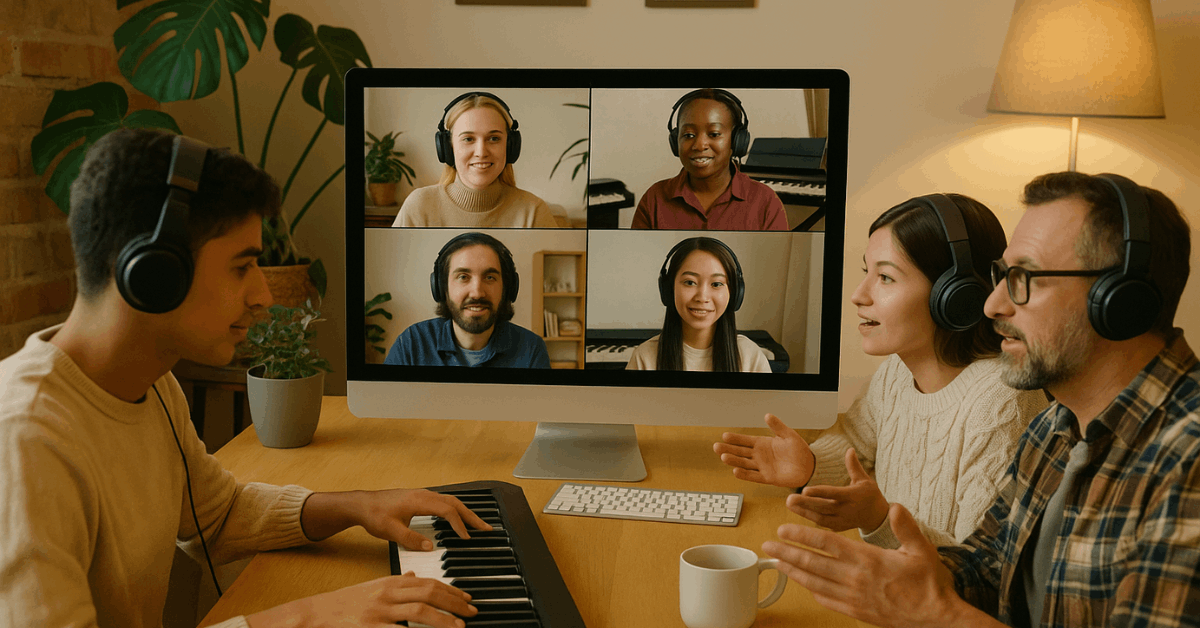
Some apps have built-in communities. Learning with others makes the process more engaging.
Are Piano Apps Enough to Learn Fully?
You might wonder if an app alone can teach you piano. That depends on your goals.
For Casual Players: Yes
Apps are perfect for those who want to play for fun. You learn notes, songs, and techniques. You don’t need exams or advanced theory. This is enough for personal enjoyment.
For Advanced Musicians: Not Always
If you want to perform or teach piano, an app isn’t enough. You’ll need deeper theory, ear training, and feedback. These often require a teacher or school. But apps still help as supplements.
Final Thoughts: Start Learning Piano Anytime, Anywhere
You don’t need to wait for lessons or buy expensive tools. A good piano learning app for mobile helps you start with only your phone or tablet.
These apps offer strong tools, structured lessons, and helpful tracking. Pick the one that matches your routine and begin your practice today.

